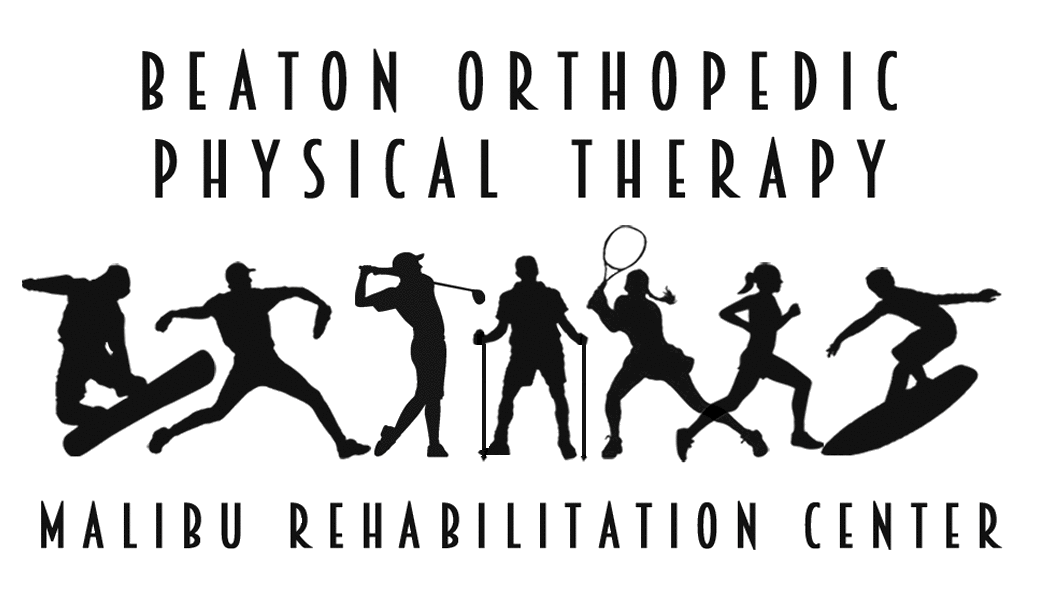HIPAA
Notice of HIPAA Privacy Practices
THIS NOTICE DESCRIBES HOW MEDICAL INFORMATION ABOUT YOU MAY BE USED AND DISCLOSED AND HOW YOU CAN GET ACCESS TO THIS INFORMATION. PLEASE REVIEW IT CAREFULLY.
Effective Date: April 14, 2003 | Updated: February 16, 2017
Uses and Disclosures
We will use your protected health information (PHI) for the purposes of treatment, payment and health care operations. Treatment includes the disclosure of health information to other providers who have referred you for services or are involved in your care. This may include doctors, nurses, technicians and other physical therapists. For example, we may feel that a stroke patient we are treating would benefit from an evaluation by a speech-language pathologist to address a swallowing difficulty. The health information we share with the speech-language pathologist would be considered a treatment related disclosure.
Payment includes the disclosure of health information to your insurance company, including Medicare and Medicaid, so payment can be obtained for services rendered. Your insurance company may make a request to review your medical record to determine that your care was necessary. Health Care Operations includes the utilization of your records to monitor the quality of care being given at our facility or for business planning activities.
Other Special Uses
Our practice may use your PHI to send you an appointment reminder, to inform you of our other health-related products and services, or to request a contribution to our charitable activities.
Uses and Disclosures Required by Law
The federal health information privacy regulations either permit or require us to use or disclose your PHI in the following ways: we may share some of your PHI with a family member or friend involved in your care if you do not object, we may use your PHI in an emergency situation when you may not be able to express yourself, and we may use or disclose your PHI for research purposes if we are provided with very specific assurances that your privacy will be protected. We may also disclose your PHI when we are required to do so by law, for example by court order or subpoena. Disclosures to health oversight agencies are sometimes required by law to report certain diseases or adverse drug reactions. We may use and disclose health information about you to avert a serious threat to your health or safety or the health or safety of the public or others. If you are in the Armed Forces, we may release health information about you when it is determined to be necessary by the appropriate military command authorities. We may also release information about you for workersí compensation or other similar programs that provide benefits for work-related injury or illness.
Your authorization is required before your PHI may be used or disclosed by us for other purposes.
Your Privacy Rights
Restrictions
You have the right to request restrictions on how your PHI is used, however, we are not required to agree with your request. If we do agree, we must abide by your request.
Confidential Communications
You have the right to request confidential communication from us at a location of your choosing. This request must be in writing.
Access to PHI
You have the right to request a copy of your medical record. You must make this request in writing and we may charge a fee to cover the costs of copying and mailing.
Amendments
You have the right to request an amendment be made to your PHI, if you disagree with what it says about you. This request must be made in writing. If we disagree with you, we are not required to make the change. You do have the right to submit a written statement about why you disagree that will become part of your record. We may not amend parts of your medical record that we did not create.
Accounting of Disclosures
After April 14, 2003, you have the right to request an accounting of the disclosures made in the previous six years. These disclosures will not include those made for treatment, payment, or health care operations or for which we have obtained authorization.
Complaints
If you feel that your privacy rights have been violated, you have the right to make a complaint to us in writing without fear of retaliation. Your complaint should contain enough specific information so that we may adequately investigate and respond to your concerns. If you are not satisfied with our response, you may complain directly to the Secretary of Health and Human Services.
Our Duty to Protect Your Privacy
We are required to comply with the federal health information privacy regulations by maintaining the privacy of your PHI. These rules require us to provide you with this document, our Notice of Privacy Practices. We reserve the right to update this notice if required by law. If we do update this notice at any time in the future, you will receive a revised notice when you next seek treatment from us.
Privacy Contact
If you would like more information about our privacy practices or to file a complaint you may contact:
Privacy Officer: Gregory Beaton | 310.456.9332
